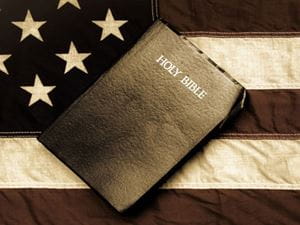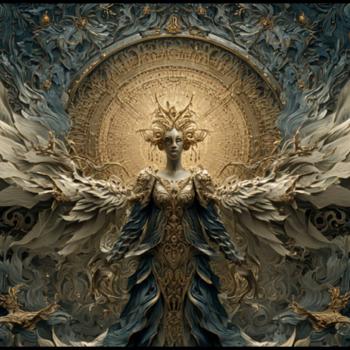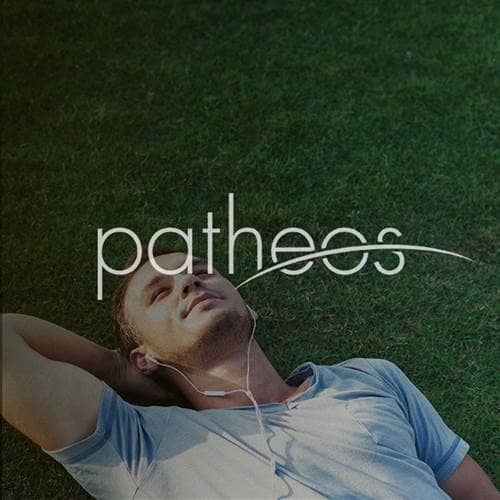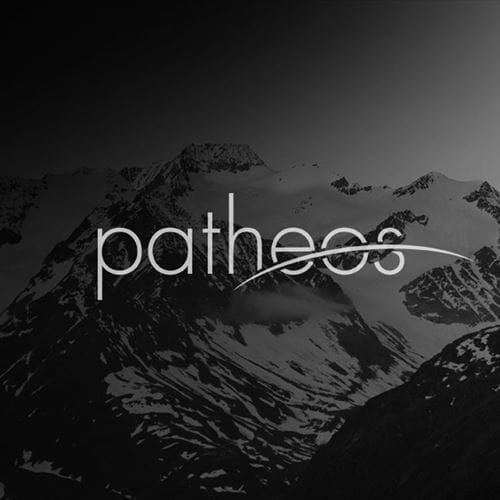
Christianity’s relationship with political structures has a long history. In the first three centuries after Jesus’ life, Christians were minorities in the Roman world, and because they refused to recognize Roman deities, they were often persecuted, tortured, and executed. After Emperor Constantine’s legalization of the Christian religion (A.D. 313), Christianity took a dramatically political turn. Some scholars suggest that by that time, more than 50 percent of the Roman Empire was Christian. What is certain is that Christianity and its leaders became instruments of political power, and for centuries afterward, Roman emperors (with a few exceptions) were looked at both as political leaders and Church leaders. This is particularly true in the Byzantine Empire with its capital in Constantinople, which finally came to an end with the Eastern Empire’s conquest by the Ottoman Empire in 1453.
When Rome fell, the Church leaders took on an increasingly powerful role in the management of Western politics. Pope Leo I was the one to negotiate with Attila the Hun and prevent the sacking of Rome in A.D. 452. While civil leaders remained in position, papal power remained heavily influential in European politics for centuries. Pope Leo III crowned Charlemagne as the Holy Roman Emperor in A.D. 800; the popes retained enormous influence in Germanic, Spanish, French, and English royal courts throughout the Middle Ages and only began to wane after the Reformation in the 16th century.
Most European nations had some version of a Christian state religion in the early modern age. Some still do, and many non-European nations also recognize a state religion—Islam, Buddhism, or Hinduism. In a country like the United States, that has no recognized state religion, religion remains a powerful part of the political world. While the U.S. Constitution protects against any governmental religious coercion, it also the free exercise of religious faith; it makes room for Christians, and believers in other religions, to practice their faith in public and in private, in their personal choices and in their political choices. Christians, like anyone else, vote according to their values and worldviews, and each administration has been weighed according to its promises around these values. Faith informs these values.
Christians believe that God’s commandments offer the best guidance for communal life and the best protections for individual well-being. Many scholars argue that the rights and benefits of the contemporary political world stem, in large part, from Christian values.
That said, Christians do not agree on how best to follow those commandments. In fact, two Christians may use the same idea to reach a very different conclusion. For example, one might vote for increases in welfare because they feel it is the compassionate thing to do. Another, however, might vote against it because they believe welfare traps people in a cycle of poverty, so voting for it would be the exact opposite of compassion. There are also differences among Christians around the interpretation of the Bible; liberal Christians may suggest that some of the commandments are cultural relics and thus not applicable while conservative Christians believe that biblical imperatives remain applicable. Areas that the Bible does not specifically address can be even more contentious for Christians.
3/23/2021 6:32:40 PM










